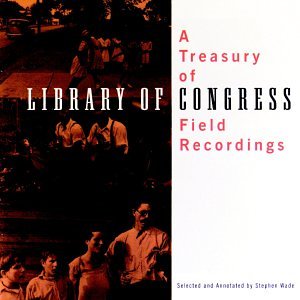
Ashkenazi, Ofer
product information
description
8Anti-Heimat Cinema: The Jewish Invention of the German Landscape studies an overlooked yet fundamental element of German popular culture in the twentieth century. In tracing Jewish filmmakers' contemplations of "Heimat"--a provincial German landscape associated with belonging and authenticity--it analyzes their distinctive contribution to the German identity discourse between 1918 and 1968. In its emphasis on rootedness and homogeneity Heimat seemed to challenge the validity and significance of Jewish emancipation. Several acculturation-seeking Jewish artists and intellectuals, however, endeavored to conceive a notion of Heimat that would rather substantiate their belonging. This book considers Jewish filmmakers' contribution to this endeavor. It shows how they devised the landscapes of the German "Homeland" as Jews, namely, as acculturated "outsiders within." Through appropriation of generic Heimat imagery, the films discussed in the book integrate criticism of national chauvinism into German mainstream culture from World War I to the Cold War. Consequently, these Jewish filmmakers anticipated the anti-Heimat film of the ensuing decades, and functioned as an uncredited inspiration for the critical New German Cinema.
member goods
No member items were found under this heading.
listens & views

TREASURY OF LIBRARY OF CONGRESS ...
by TREASURY OF LIBRARY OF CONGRESS FIELD RECORDINGS
COMPACT DISCout of stock
$10.75
Return Policy
All sales are final
Shipping
No special shipping considerations available.
Shipping fees determined at checkout.






